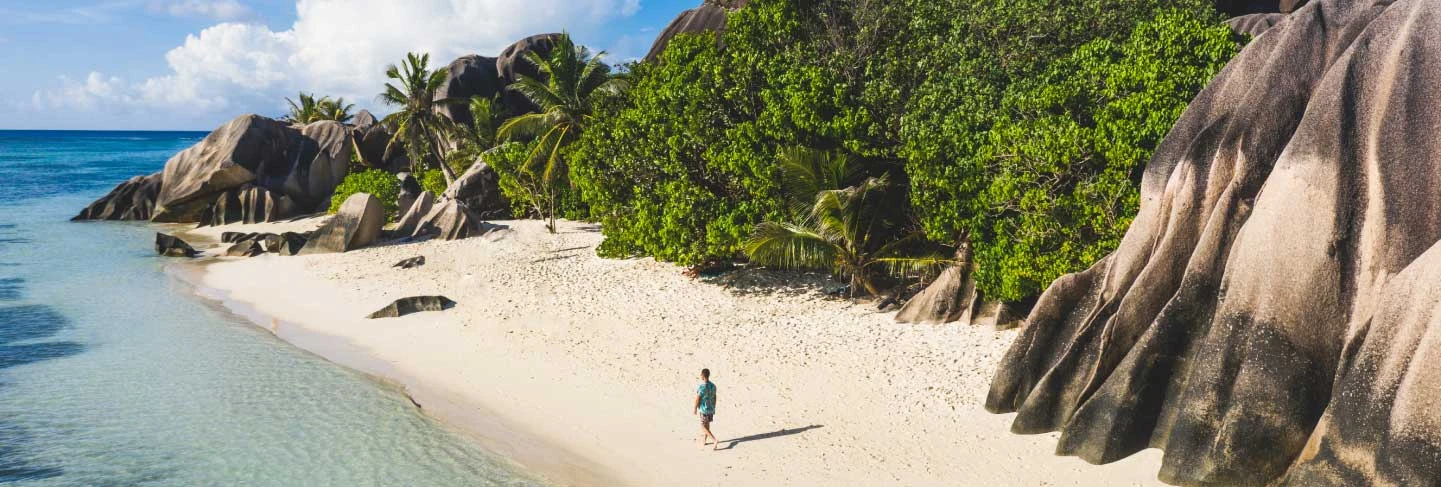
I Grew up in the Woods: A Look at Mindfulness and Nature
Posted: May 11, 2016
“Thousands of tired, nerve-shaken, over-civilised people are beginning to find out that going to the mountains is going home; that wildness is a necessity; and that mountain parks and reservations are useful not only as fountains of timber and irrigating rivers but as fountains of life.” – John Muir
I grew up in the woods, I made dollhouses out of birch bark inhabited by acorn people, turning rivers into roads for crayfish. The forest was my escape; it dwarfed me, leaving pockets for contemplation, while also energising me, indulging my limitless curiosity.

No matter where our upbringing took place we can all relate a part of ourselves to the nature that served as our stories’ backdrop.
The boundless feeling of standing in front of the sea, the unencumbered sensation that accompanies summiting a mountain peak, the optimism of walking barefoot through the fresh cut grass.
Then we grow up and we develop a new connection to nature, the media infused tragedy of it’s diminishing state.
We lose sense of our personal connection to the environment, a global perspective takes over, and we often feel dwarfed by the overwhelming complexity of the situation.
Melting ice caps and islands made of rubbish floating in our oceans replace rugs made of moss and the self-contained existence of a tide pool. We become detached. Statistics stifle us, numbers make us numb, we lose our place amongst the mountains.
We need to reground in our own connection to nature.
We need to return to the mountains and live with intention to protect what has so distinctly shaped us, created us, nurtured our souls. A more mindful approach to living is essential, one in which our environment is a daily consideration.
Start by noticing. Notice your impact on the environment. Think. Be aware of your actions. Present in your decision-making process. Question the ways in which you interact with the environment and the resources that you use.

Practice mindfulness.
Mindfulness is “a state of active, open attention on the present. When you’re mindful, you observe your thoughts and feelings from a distance, without judging them good or bad.”

Think about how many plastic bags you use at the grocery store.
Notice how many to go coffee cups you use in a week.
Take inventory of your diet choices and how much meat you are eating.
Be aware of how often you leave the lights on when you are no longer in the room.
Observe if you keep the tap on when you are brushing your teeth.
No longer will you be lost in statistics.
Instead, you will be focused on the reality of your environmental impact. Staying present and aware means that you can make changes in the moment, ones that benefit the earth.
We are raised by crashing waves and ice that splinters under the weight of a sturdy step. Let us practice mindfulness surrounding our connection to nature and our ability to preserve it.


